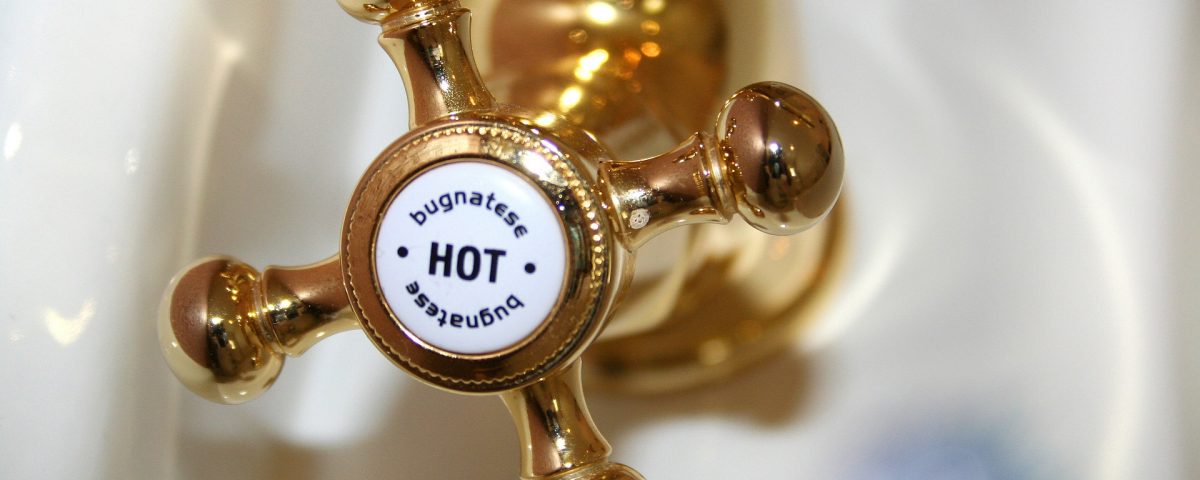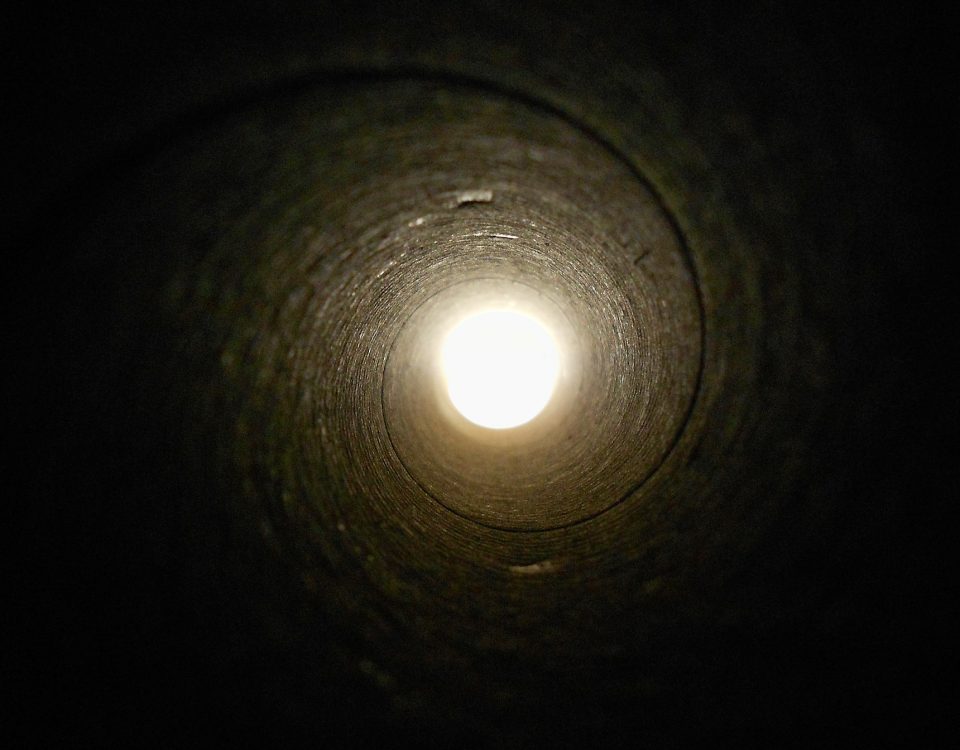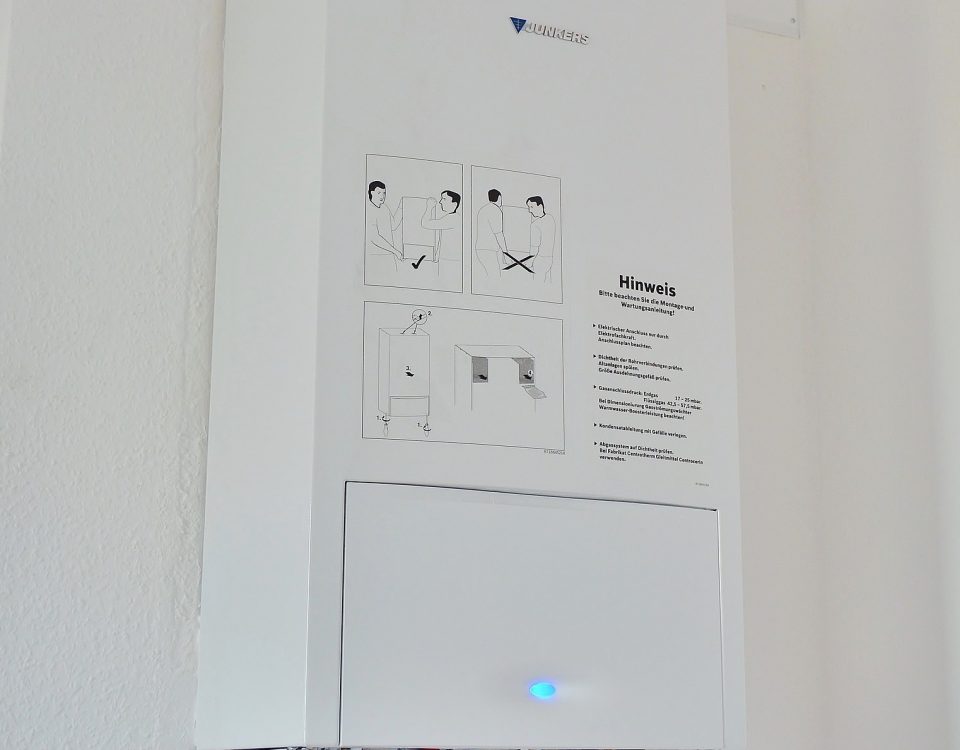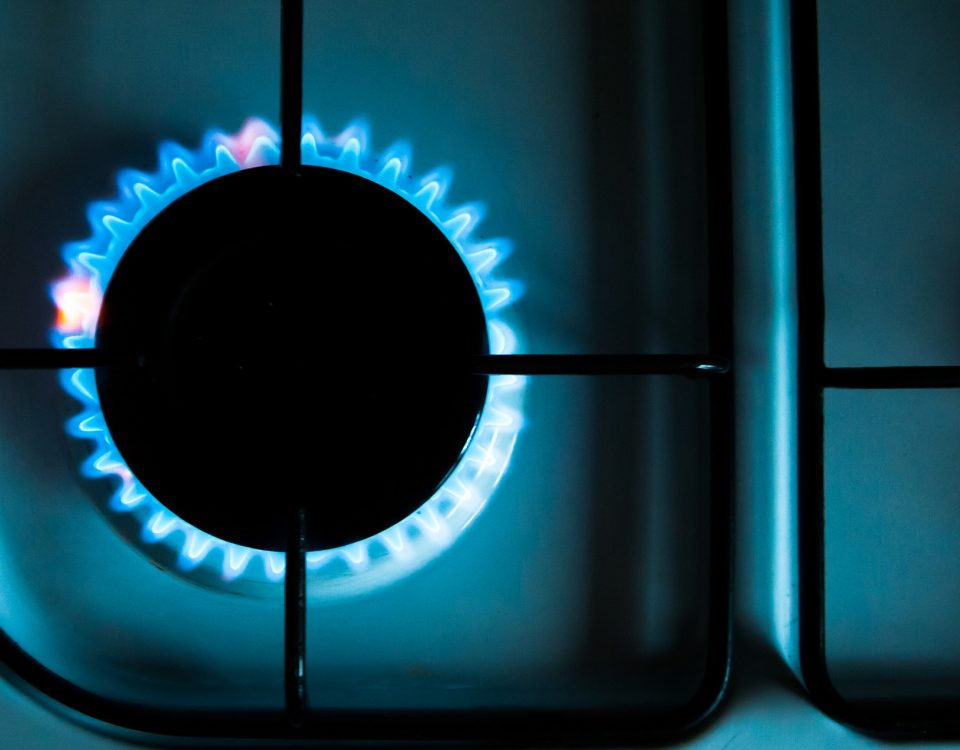Simple Heating and Maintenance Tips

Help! I Don’t Have Hot Water From My Boiler!
January 29, 2018
What Options Do I Have When My Boiler is Oldish and Has Stopped Working?
February 18, 2018Out of sight, out of mind: that’s the thing about heating. That is, until you have a problem on a cold and frosty morning. Then you can find yourself kicking your own shins that you didn’t undertake basic heating maintenance. A little effort can go a long way when it comes to looking after your boiler and heating system.
Much in the same way you should give your car a quick once over before a long journey, adjusting tyre pressures and checking the oil, you should take the same maintenance approach to your heating. Here are our basic heating maintenance tips that you should follow to ensure no cold mornings when the heating doesn’t work, and to hopefully avoid expensive repairs.
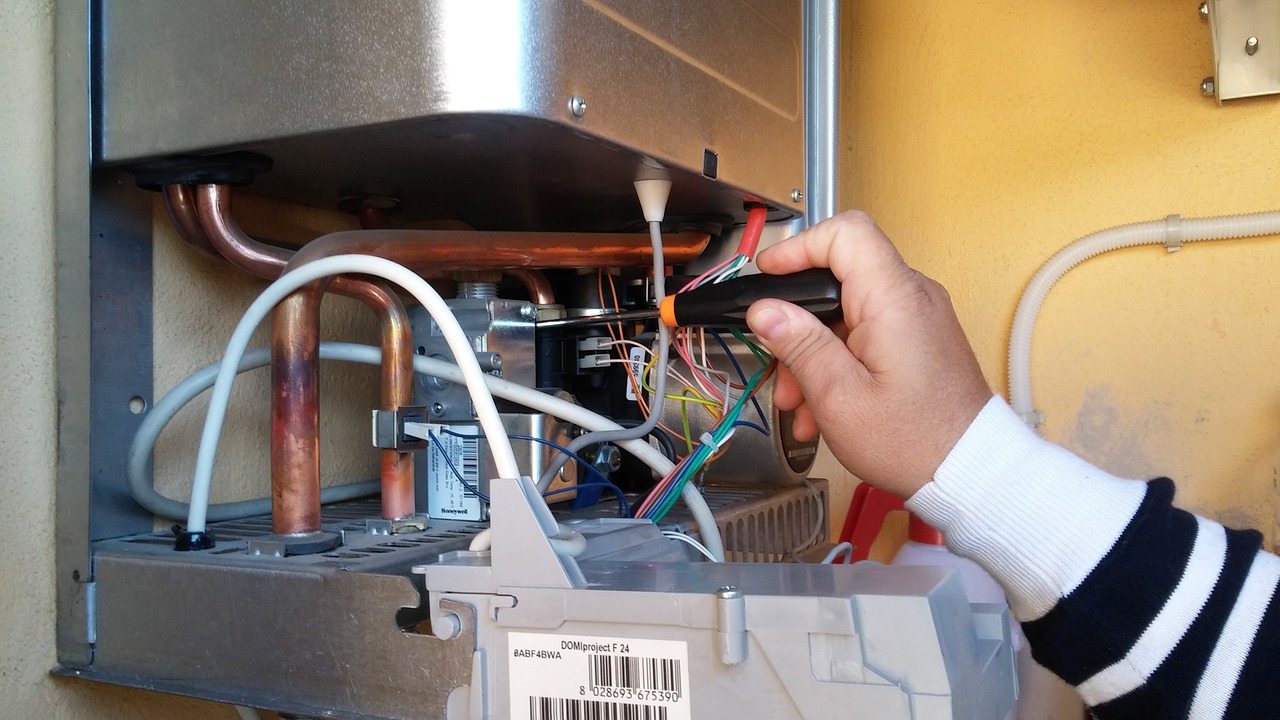
8 Top Tips For Heating Maintenance
- Get Your Boiler Serviced
If there’s one thing you do, it should be this. Boilers need regular routine maintenance which you cannot legally carry out yourself. An annual boiler service can prolong the life of your boiler as well as making it more efficient, and safer.
- Bleed Your Radiators
Turn on your heating and then go for a little wander around your house. Put your hand on each radiator. Which is not heating up straight away? Which has an uneven temperature (hot at the bottom and cold at the top)? Bleeding radiators is a simple home maintenance task which requires little more than a bowl, a rag and a radiator key. By removing the excess air your heating system will be far more efficient.
- Give Your Radiators the Once Over
Whilst bleeding your radiators it makes sense to give them a quick check. There are common problems which may be stopping them working properly. Check whether the valves have got stuck (perhaps through paint) and whether you can loosen with a little oil. If after bleeding, the radiator is still hot at the bottom and cold at the top this may be due to a build-up of sludge.
- Take a Look at the Boiler Pressure
When your boiler is operating take a look at the pressure gauge and match this against your manufacturer’s user manual. The manual will advise the recommended pressure for your boiler and advise what to do if it is too low.
- Check for Drips
Drips can easily go unnoticed and cause problems in the longer term. Go outside your property to the wall behind your boiler. You should be able to see the overflow pipe. Is this dripping? If it is this could be an indication of a problem brewing within. You should call a Gas Safe engineer to come and have a look.
- Is All Ventilation Clear?
Boiler cupboards are great storage space, yes? Well, not really. A boiler, for safety reasons, should be in a space free from clutter. Coats and household paraphernalia aren’t good roommates for a boiler. Ensure that there is space around it and plenty of airflow getting both in and out.
- Flues and Carbon Monoxide
A well looked after boiler should give you no concerns regarding leaking carbon monoxide. However, it is essential that the flue is completely clear and accessible. We also strongly recommend installing carbon monoxide detectors in several spots in your home in order to detect any problems immediately. Depending on the type of detector you get, these too need replacing or maintenance. Make this part of your regular heating maintenance for simpler management.
- Check the Flame
Lastly, as part of your heating maintenance, you should take a quick look at the pilot flame on the boiler. It should be a lovely blue. If it’s orange or yellow then this is an indication that something’s not right.
Regular and good heating maintenance is important to prolong the life of your boiler and to prevent costly repairs. It’s also important for your safety and wellbeing. However, you should never attempt to open your boiler or fix any of the internal components yourself. By law you need a Gas Safe engineer. Call us on 0333 939 0161 if you need help with your heating maintenance or are unsure.


